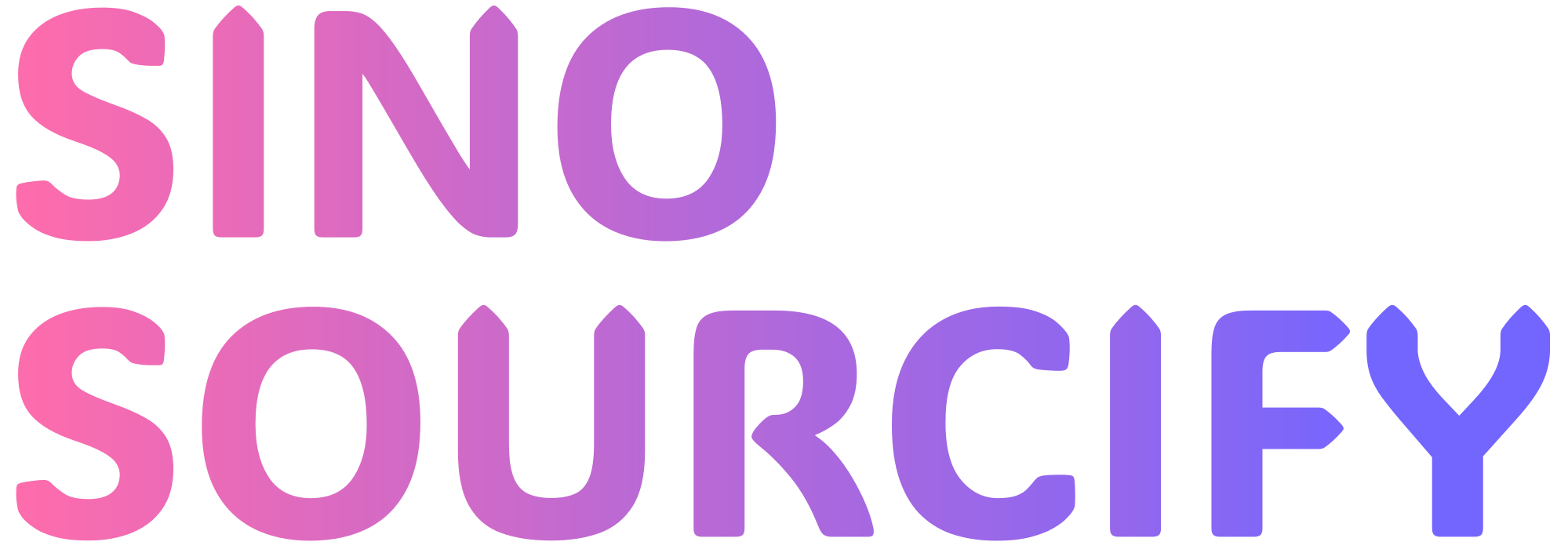In today’s globalized economy, the demand for minerals such as tin, tantalum, tungsten, and gold (often referred to as 3TG) continues to rise. These minerals are essential for manufacturing electronics, automotive components, and renewable energy technologies. However, their extraction and trade have been linked to human rights abuses, environmental degradation, and the financing of armed conflicts in regions like the Democratic Republic of Congo (DRC). This is where conflict-free minerals sourcing becomes critical.
What Are Conflict-Free Minerals?
Conflict-free minerals are those mined and traded without contributing to armed conflict or human rights violations. The concept gained prominence with the passage of the Dodd-Frank Act in the U.S., which requires companies to disclose their use of conflict minerals originating from the DRC and adjoining countries. Ethical sourcing ensures that minerals are extracted under fair labor conditions and do not fund violence.
The Importance of Ethical Sourcing
For businesses, adopting conflict-free mineral practices is not just about compliance—it’s about corporate responsibility. Consumers and investors increasingly prioritize sustainability and ethical supply chains. Companies like Long recognize that transparency in sourcing builds trust and enhances brand reputation. Moreover, ethical practices mitigate risks such as legal penalties and supply chain disruptions.
Challenges in Achieving Conflict-Free Supply Chains
Despite the benefits, achieving a fully conflict-free supply chain is complex. Mineral supply chains are often fragmented, with multiple intermediaries making traceability difficult. Smuggling and fraudulent documentation further complicate efforts. However, initiatives like the Responsible Minerals Initiative (RMI) and blockchain-based traceability solutions are helping companies overcome these hurdles.
How Long Supports Conflict-Free Sourcing
At Long, we are committed to ethical sourcing practices. Our partnerships with certified smelters and due diligence processes ensure that the minerals in our products are responsibly sourced. We also collaborate with industry groups to promote transparency and advocate for stronger regulations. By prioritizing conflict-free minerals, we contribute to a more sustainable and equitable global economy.
Steps Businesses Can Take
For companies looking to adopt conflict-free mineral practices, here are key steps:
- Conduct thorough due diligence on suppliers.
- Engage with certified smelters and refiners.
- Leverage technology for supply chain transparency.
- Support industry initiatives and regulatory frameworks.
By taking these measures, businesses can align with global standards and meet the growing demand for ethical products.
